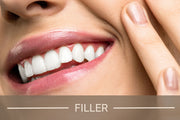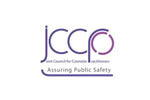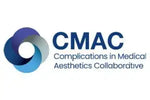RF Microneedling: Benefits, Process, Results and Safety
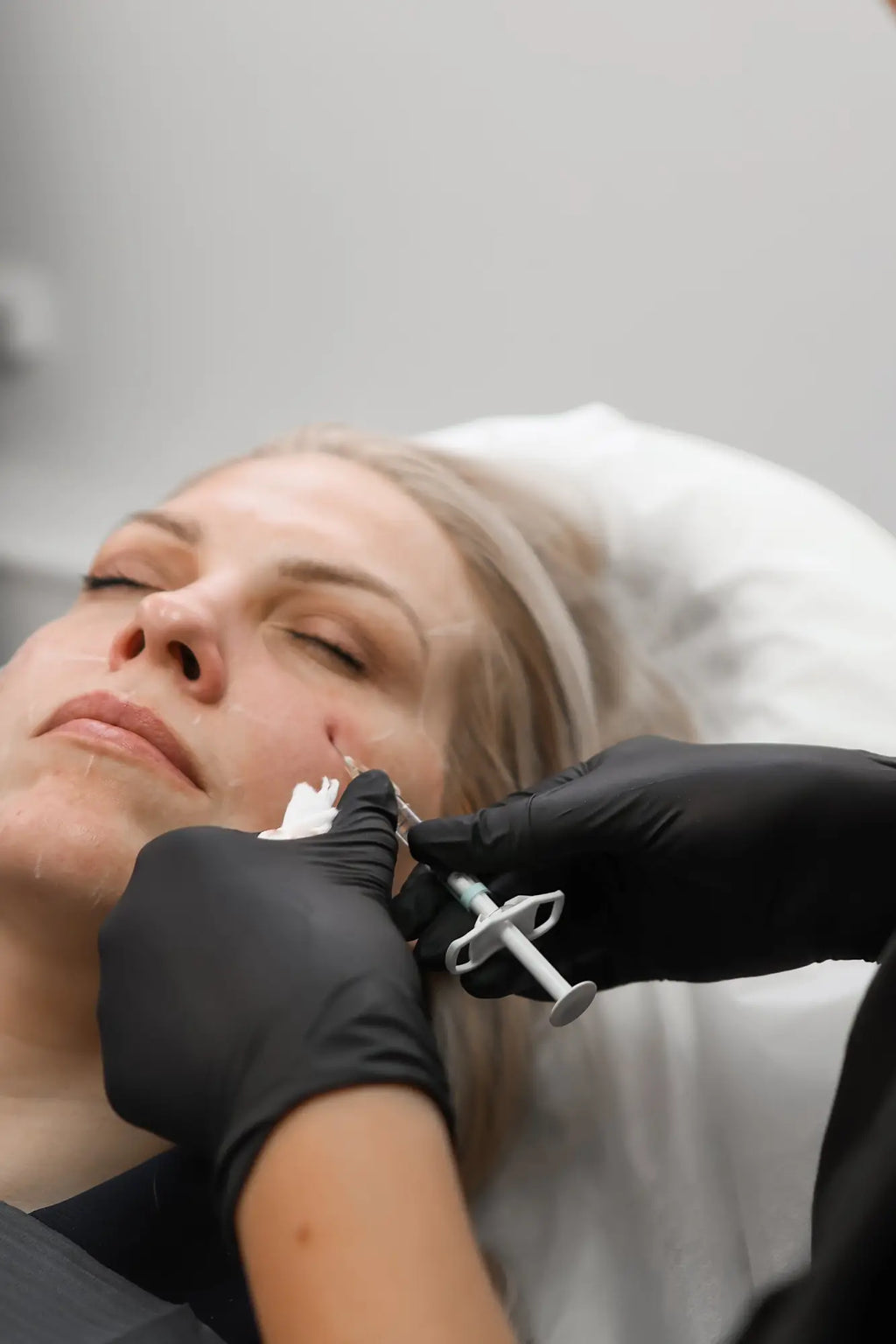
Content Verification

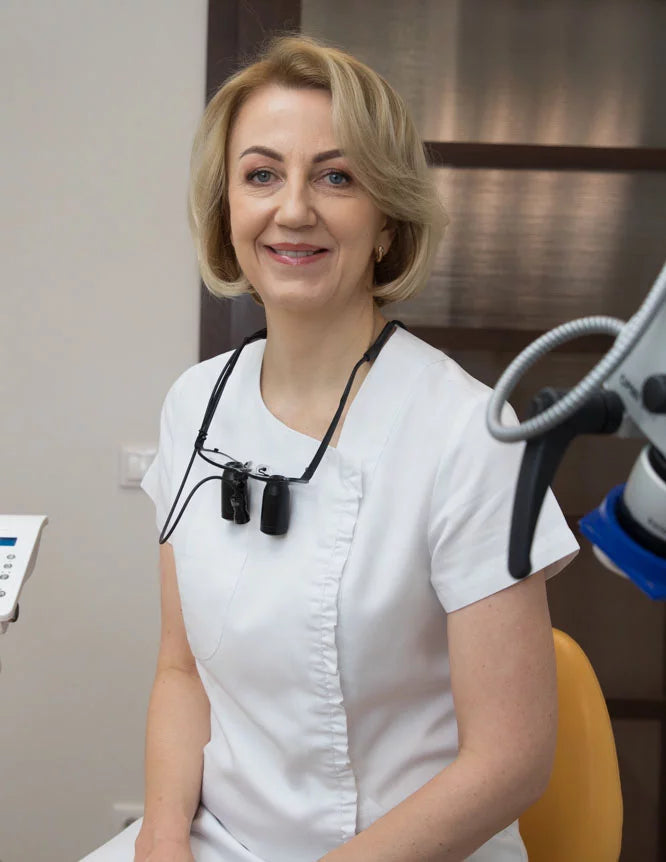

📝 Quick Summary 📝
- ✨ RF microneedling combines tiny needles and radiofrequency to boost collagen.
- 💆♀️ It helps reduce wrinkles, scars, and uneven skin texture.
- ⏳ Downtime is minimal, with gradual improvements over weeks.
- 🔒 It’s safe when performed by trained professionals.
💡 Expert Advice & Tips 💡
- 🔍 Always choose a certified practitioner for your treatment.
- 🧴 Follow aftercare instructions carefully to maximise results.
- ⏰ Be patient — collagen rebuilding takes time!
- 💬 Chat with your expert about your skin goals and concerns beforehand.
RF Microneedling is a non-surgical treatment that combines radio frequency energy with microneedling to rejuvenate the skin. It targets deeper layers of skin to stimulate collagen production and improve texture, tone, and firmness. Radio frequency Microneedling is gaining popularity across the UK as a safe option for those seeking visible skin improvements. The procedure addresses concerns such as fine lines, acne scars, and early signs of ageing.
Many patients choose RF Microneedling for its minimal downtime and long-term skin rejuvenation effects. As demand grows in clinics nationwide, it’s essential to understand how the treatment works and what to expect. This article will explain the benefits, process, expected results, and safety of RF Microneedling in clear detail. By the end, you’ll be equipped with the facts to decide if it’s the right choice for your skin.
What Is RF Microneedling?
RF Microneedling, also known as Radio frequency Microneedling, is a non-surgical skin treatment combining microneedles and controlled radio frequency energy. It is designed to rejuvenate the skin by stimulating natural repair processes deep within the dermis.
Unlike traditional microneedling, which uses fine needles to create micro-injuries at the skin's surface, RF Microneedling delivers thermal energy directly into deeper layers. This controlled heat promotes collagen stimulation and tissue remodelling, enhancing the skin’s structure over time. The addition of fractional RF allows energy to be delivered in a more targeted, consistent manner.
"RF Microneedling differs from standard microneedling in that it enhances collagen production not just through physical channels, but by adding focused heat energy," explains Dr Laura Geige, Medical Director and Skin Expert at It’s Me & You Clinic. "This dual mechanism improves treatment results for texture, scarring, and early signs of ageing without extensive downtime."
The process triggers collagen and elastin renewal more effectively than microneedling alone. Fractional RF ensures the energy is distributed evenly, reducing the risk of overheating or surface damage. RF Microneedlingis commonly used to address uneven skin tone, enlarged pores, and mild skin laxity—issues that typically require deeper dermal stimulation to improve.
How Does RF Microneedling Work?
Understanding how RF Microneedling works helps patients know what to expect and why the treatment is effective. It combines two established techniques—microneedling and RF energy—to support dermal remodelling and collagen induction therapy.
During a session, a handheld device with ultra-fine, insulated needles is applied to the skin. As the needles penetrate the surface, they simultaneously deliver RF energy into the deeper layers of the dermis. This generates controlled heat, which stimulates the body's natural healing process, encouraging collagen and elastin production. The procedure typically lasts 30 to 60 minutes, depending on the area treated.
"The integration of RF energy with microneedling allows us to reach deeper skin structures without damaging the surface," says Dr Giedre Narkiene, dermatologist and medical doctor. "This results in more effective skin tightening and repair, particularly in cases of acne scarring and fine lines."
Devices commonly used in UK clinics include Secret RF, Morpheus8, and Potenza, all offering adjustable depth and energy settings. Most patients describe the procedure as tolerable, with a warm, prickling sensation. Numbing cream is usually applied beforehand to minimise discomfort, and there is minimal downtime afterwards. Sessions are tailored based on individual skin needs and treatment goals.
Benefits of RF Microneedling
RF Microneedling offers multiple benefits for individuals seeking a non-invasive skin treatment that supports long-term skin health. It is commonly chosen for its ability to improve texture, firmness, and clarity without surgery or significant downtime.
One of the key advantages is its impact on overall skin texture and tone. By stimulating collagen production deep in the dermis, the skin gradually becomes smoother and more refined. This is particularly helpful in reducing the appearance of large pores, mild pigmentation, and surface irregularities.
"Many patients report noticeable improvement in skin texture and elasticity after just a few sessions," says Dr Snieguole Geige, Medical Doctor and Senior Adviser. "Because the treatment supports natural collagen production, the results tend to build progressively over time."
RF Microneedlingis also used to reduce the visibility of fine lines, wrinkles, and acne scars. The combination of microneedling and RF energy accelerates dermal repair processes, promoting firmer, tighter skin. This makes it a popular choice for individuals exploring anti-ageing solutions without injectables or more aggressive interventions.
The controlled thermal energy delivered during treatment enhances both immediate tightening and long-term structural improvements. For individuals with early signs of ageing or post-acne scarring, RF Microneedling provides a versatile, minimally invasive approach. Clinical providers often recommend a course of treatments to achieve and maintain optimal results.
RF Microneedling Before and After: What to Expect
Understanding what to expect before and after RF Microneedling helps patients set realistic goals and avoid unnecessary concerns. While results can vary based on skin type and condition, most individuals begin to notice visible improvements after a few sessions.
Initial changes are often subtle, with improvements in texture and tightness becoming more noticeable over 4 to 6 weeks. This delay is due to the time needed for collagen induction and dermal healing. For more pronounced issues like acne scars or fine lines, a course of three to four treatments spaced several weeks apart is typically recommended.
"Patients shouldn’t expect dramatic changes after a single session," advises Dr Laura Geige. "RF Microneedling works by stimulating natural repair, which takes time to develop fully and evenly."
Before and after RF Microneedling photos often show reduced pore size, softened wrinkles, and clearer skin tone. These improvements are the result of deeper skin renewal rather than surface-level effects. Consistency is key—optimal results are usually seen after completing the full treatment plan and maintaining a tailored skincare routine. Maintenance sessions may be advised annually to preserve long-term outcomes.
Is RF Microneedling Safe?
RF Microneedlingis considered a safe skin treatment when performed by a trained and qualified practitioner. It is minimally invasive, with most side effects being temporary and manageable.
The procedure is generally well tolerated across various skin types, including darker tones, as the RF energy targets deeper layers without significantly disrupting the epidermis. This makes it a suitable option for a broad range of patients seeking non-surgical skin improvement.
"Mild redness, swelling, and sensitivity are common RF Microneedling side effects, typically resolving within 24 to 72 hours," notes Dr Giedre Narkiene. "Patients are usually able to return to normal activities shortly after treatment with appropriate aftercare."
As with any aesthetic procedure, individual suitability should be assessed in consultation with a medical professional. Active skin infections, certain medical conditions, or pregnancy may be contraindications. To ensure safety, it is essential that the device used is CE-marked and that treatment is delivered in a clinical setting by qualified professionals.
Downtime and Aftercare Tips
RF Microneedling requires minimal downtime, but proper aftercare is essential to support recovery and enhance results. Most patients experience mild redness and sensitivity immediately after treatment, resembling light sunburn.
The typical RF Microneedling downtime is between 24 and 72 hours, depending on skin sensitivity and treatment intensity. During this period, patients are advised to avoid heat exposure, strenuous exercise, and the use of active skincare ingredients such as retinoids or acids.
"Aftercare is simple but critical — gentle cleansing, hydration, and daily SPF are key during the recovery time," advises Dr Snieguole Geige. "Avoiding direct sunlight and keeping the skin cool helps minimise irritation and supports healing."
Makeup should be avoided for the first 24 hours, and hands should be kept away from the treated area. Following professional aftercare instructions can significantly reduce the risk of irritation and optimise treatment outcomes over time.
How Many Sessions Are Needed?
The number of RF Microneedling sessions needed depends on the individual’s skin concerns, age, and treatment goals. Most patients require a course of three to four sessions, spaced four to six weeks apart, for optimal results.
Milder concerns such as early signs of ageing may respond well to fewer sessions, while deeper acne scars or significant texture issues may need more. Skin type, lifestyle, and medical history also influence the recommended treatment plan.
A personalised consultation with a qualified practitioner ensures the frequency and number of sessions are tailored to your skin’s specific needs and recovery capacity.
Who Should Consider RF Microneedling?
If you're wondering, “Is RF Microneedling right for me?”, the answer depends on your skin goals and medical history. The treatment is ideal for individuals with mild to moderate wrinkles, acne scars, large pores, and uneven skin texture.
It’s suitable for various skin types and tones, especially those seeking a non-invasive alternative to more aggressive procedures. However, RF Microneedling should be avoided by individuals who are pregnant, have active skin infections, or certain underlying conditions.
A consultation with a qualified practitioner is essential to determine whether this treatment is safe and appropriate for your needs.
The Bottom Line
RF Microneedling treatment offers a safe, non-invasive option for improving skin texture, tone, and firmness. With minimal downtime and long-term collagen stimulation, many patients find it a worthwhile investment in their skin. As with any aesthetic procedure, outcomes depend on individual needs and practitioner expertise. Always consult a qualified professional to determine if it’s the right approach for you. A personalised treatment plan ensures safe, realistic, and effective results tailored to your skin’s condition.
Disclaimer: This article is for informational purposes only and does not constitute medical advice. Always consult with your GP or a qualified medical professional before undergoing any cosmetic treatment.
